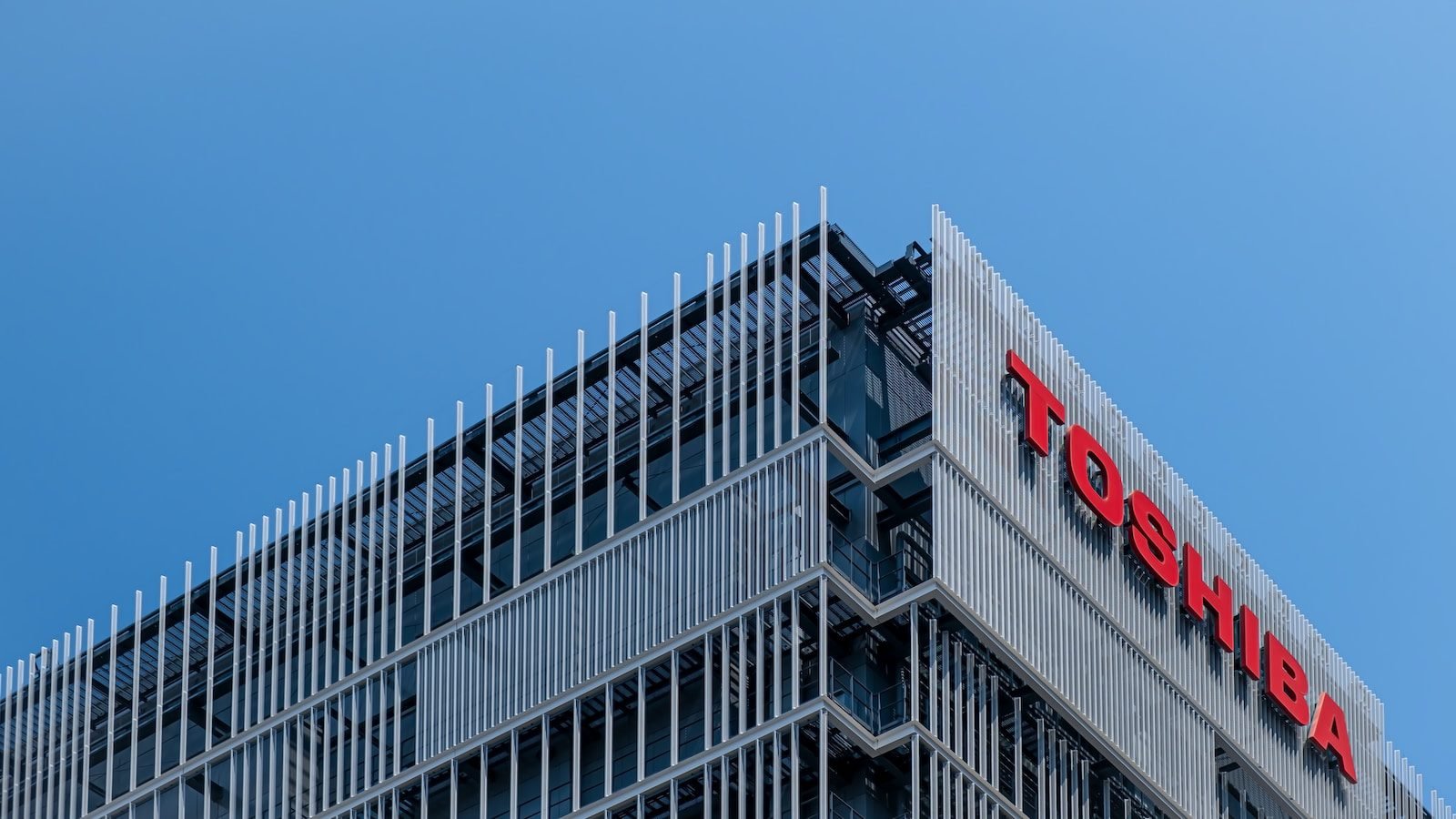Toshiba Corp. accepted a $15.3 billion buyout bid from a Japanese consortium, according to the Nikkei newspaper, putting an end to a difficult chapter in the more than 140-year history of the venerable corporation.
The newspaper stated, without providing sources, that the Tokyo-based company’s board had authorised a proposal of almost 2 trillion yen ($15.3 billion) from a group led by domestic private equity firm Japan Industrial Partners Corp.
The decision might put an end to years of turmoil at the illustrious Japanese company after a string of scandals put it in trouble and put it on the market for sale. The future of Toshiba has been a source of contention between management, the Japanese government, and the unusually large percentage of vocal foreign shareholders in the company. Activist investors have sought to maximise returns, while the government has placed a higher priority on keeping sensitive technologies and businesses in Japan.
A number of well-known activist investors took advantage of the situation by investing in Toshiba, bringing attention to it and helping to make it a test case for Japanese corporate governance. These included the Elliott Management Corp., owned by billionaire Paul Singer, the Oasis Management Co., run by Seth Fischer, and the Singapore-based funds Effissimo Capital Management Pte and 3D Investment Partners Pte.
And some of the world’s greatest private equity firms explored considering acquisition approaches, including Bain Capital, CVC Capital Partners and KKR & Co.
The nuclear power division of Toshiba is considered crucial to national security. The Fukushima Dai-Ichi nuclear power station, which was destroyed by the earthquake, tsunami, and nuclear meltdowns of 2011, is being decommissioned. A transfer of ownership to an international company was difficult for the government to accept because of this.
At a time when deal volumes have plummeted, if the sale goes through, it will be one of the biggest Asian transactions this year. Also, it will be one of the largest private equity-led buyouts in Japanese history.
The road to the board’s approval was everything from straightforward. The procedure was repeatedly delayed, according to Bloomberg News, which also noted that the JIP-led consortium encountered difficulties securing financing as banks grew reluctant to provide money for major purchases in an unfavourable economic climate.
During the past eight years, Toshiba has lurched from one catastrophe to another, beginning with an accounting scandal in 2015 that decimated revenues and prompted a corporate-wide restructure. After a pricey excursion into nuclear power failed, the American company had to write off $6.3 billion and was on the verge of being delisted. It was compelled to sell its most valuable memory-chip component and issue stock, which was quickly purchased by foreign investors.
Since then, disputes about the company’s future have arisen between shareholders and executives. Shareholders rejected an attempt by Effissimo in 2020 to appoint one of its co-founders and other candidates to Toshiba’s board. Concerned about the way the vote was handled, Effissimo won a historic shareholder vote in 2021 by recommending the appointment of independent investigators to look into it. According to the investigation’s conclusion, Toshiba executives colluded with government friends to influence the outcome.
Investors had demanded that the conglomerate be sold to private equity, but management had proposed splitting the company in two instead. This proposal was rejected by stockholders at the beginning of the year. As that strategy fell through, Toshiba began to look for strategic alternatives for the future, including a potential sale. In October, JIP was selected as the preferred bidder.
Hidemi Moue, who is still the buyout fund’s chief executive officer, launched the Tokyo-based JIP in 2002. Industrial Bank of Japan Ltd., one of the businesses that combined to establish Mizuho Financial Group Ltd. in 2000, was where he started his career. JIP is renowned for purchasing PC manufacturer Vaio Corp from Sony Group Corp in 2014. JIP has been involved in carving out firms considered peripheral by their parents.

